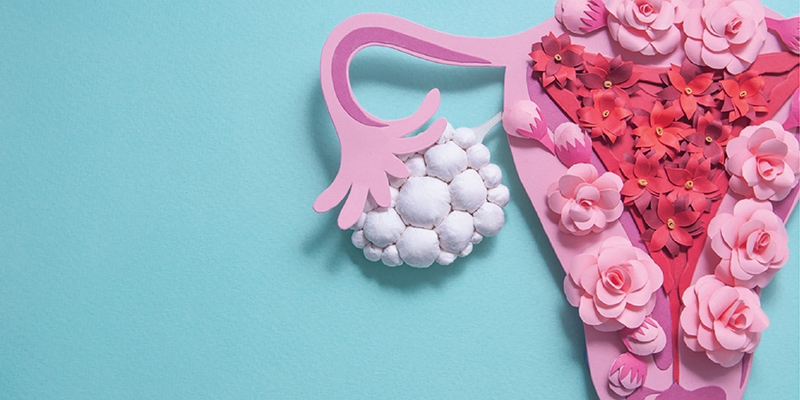



This information is beneficial for those who are trying to conceive and want to know when they ovulate. Read this blog carefully to gather information related to ovulation days and their signs and symptoms. Ovulation is the process when eggs are released from the ovary, and this occurs once a month in the middle of your menstrual cycle. It usually occurs once in a month, but sometimes it occurs more than once a month and sometimes not at all. Ovulation is related to tender breasts, bloating and an increase in basal body temperature. Please note, not everybody faces these changes, though.
Stay on the page to explore how to recognise the typical symptoms and signs of ovulation.
Now we have reviewed what ovulation is, and you might be wondering when ovulation occurs. You might have heard that ovulation occurs on the 15th day of your menstrual cycle, but it is not true as this is not applied to every woman. If you belong to a childbearing age whose menstrual cycle lasts between 28 days and 32 days. In that case, ovulation mainly occurs between the 10th and 19th day of that cycle, which is about the 12th to 16th day of your next period's date. Moreover, in healthy women, ovulation occurs 14 days before their next period's date. However, this process varies from woman to woman and month to month. Consult your gynaecologist if your cycle is not regular and you are unable to recognise when you ovulate.
There are some specific signs and symptoms of ovulation periods listed below. However, this can vary from woman to woman, so it is typical to notice some of them once and not the next. Also, remember that if you don’t feel any of the ovulation signs and symptoms, it doesn’t mean you are not ovulating.
Luteinizing Hormone refers to a hormone produced by your pituitary gland. LH kit is a home-use test kit to measure LH ( Luteinizing Hormone) in your urine. This kit helps in detecting the LH surge that basically happens in the middle of the menstrual cycle which occurs about 1 or 2 days before ovulation. A rise in this LH hormone signals the ovary to release the egg and when pregnancy is most likely to occur. The use of this LH kit is very easy: all you have to do is pee on a stick or strip and wait for a few minutes to get the results and indicator to appear. When the line shows a darker colour than the control line, it means you are about to ovulate. Ovulation tends to occur about halfway through your menstrual cycle hence it is better to have a test at home if your cycle is irregular and you want to conceive naturally. If you are looking for an effective LH kit then you can go with I-Know LH Kit as it offers 99% measurement accuracy.
The ovulation phase in the menstrual cycle lasts for 16 to 32 hours, starts with the LH surge and ends with the released eggs. Ovulation mainly occurs between 24 to 48 hours after the LH surge. You can conceive both before and after ovulation, and this phase is known as the fertile window.
You can use various types of ovulation trackers and applications as well. A number of printable templates are available online for checking menstrual cycle dates. KD Blossom Hospital has an experienced gynaecologist doctor team that is available for its patients. Visit today to have the best experience and treatment services.